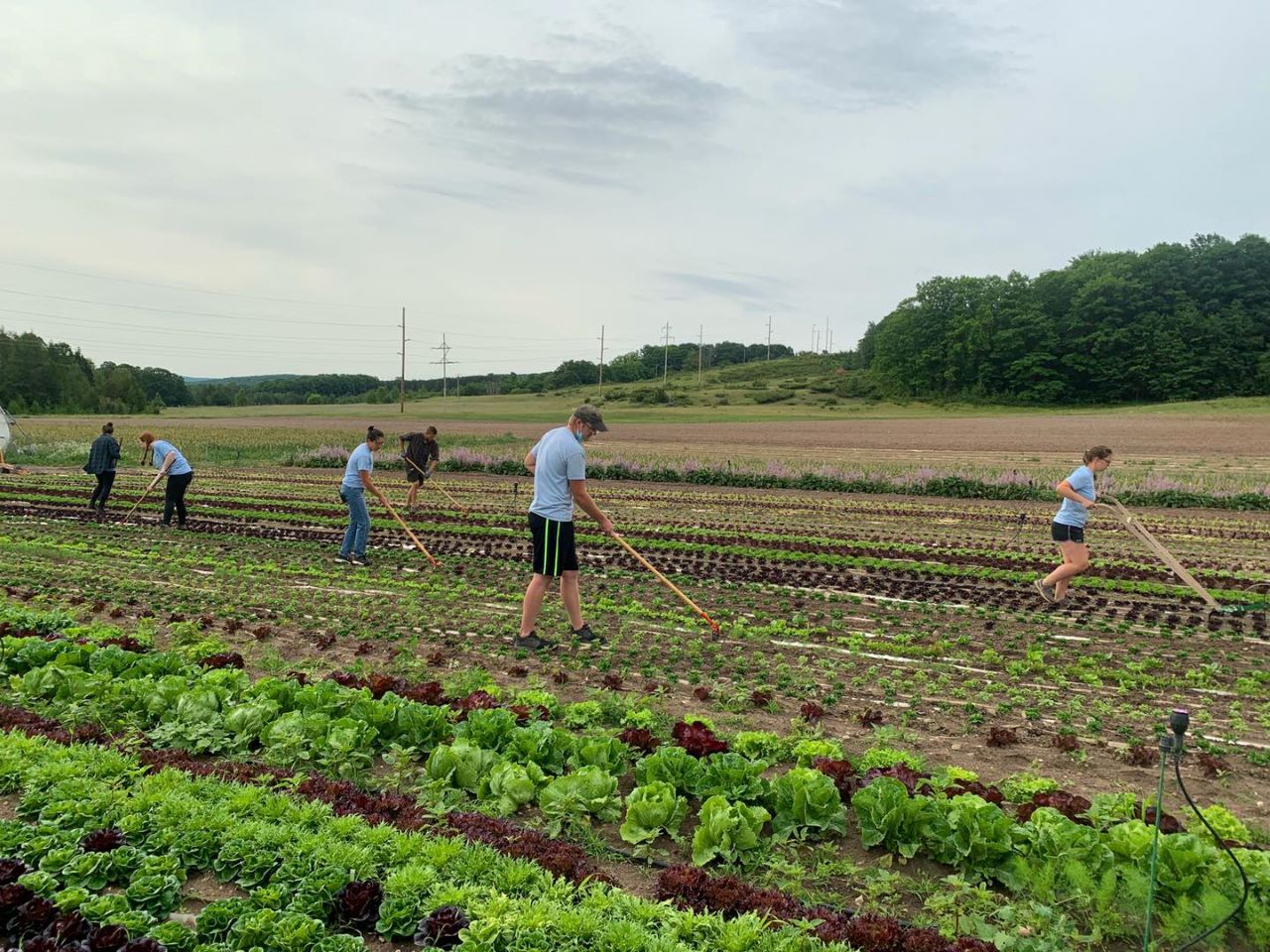- The Real Cost of Food
Authentic organic food is more expensive because the price reflects the enormous task of sustainable food production and the myriad costs of producing high-quality food grown in well-tended soil. Authentic organic relies on a mindset that treats the land, water, and air as shared resources and the farm as an incredibly complex, close-loop system that should be leveraged for good. Even if consumers pay cheaper prices at the checkout for industrial food, they pay for those savings in other ways.
- Ecosystem Services
Authentic organic farmers contribute to healthy, functioning ecosystems. Their farming practices often protect water resources, air quality, and support biodiversity and pollinator-friendly plants that attract beneficial insects. These ecologically based farms include their support for vibrant on-farm ecosystems among their operating costs. Their investments benefit us all, yet often go unnoticed.
- Labor
Controlling pests and weeds without pesticides simply means that there is more work to be done, whether it’s hand weeding or mulching.
Many authentic organic farms have committed to providing their workers with a living wage. Living wages not only benefit the workers themselves, but contribute to more resilient and thriving communities.
- Higher Animal Welfare Standards
The top-rated authentic organic farmers on our scorecards go above and beyond organic requirements by ensuring their livestock are able to socialize, remain free of stress, and live outdoors in an environment suited to the species. These top-rated farms often select species that thrive in pasture-based production rather than in feedlots.
- Living Soil
Soil is the headliner in authentic organic agriculture. Cover crops, compost, and minerals interact with carbon and water cycles, enriching organic matter and biodiversity and providing a stark contrast to conventional agriculture, where biology takes a backseat to efficiency.
We launched our Living Soil Campaign to underscore the link between healthy soil and more resilient food production systems.


